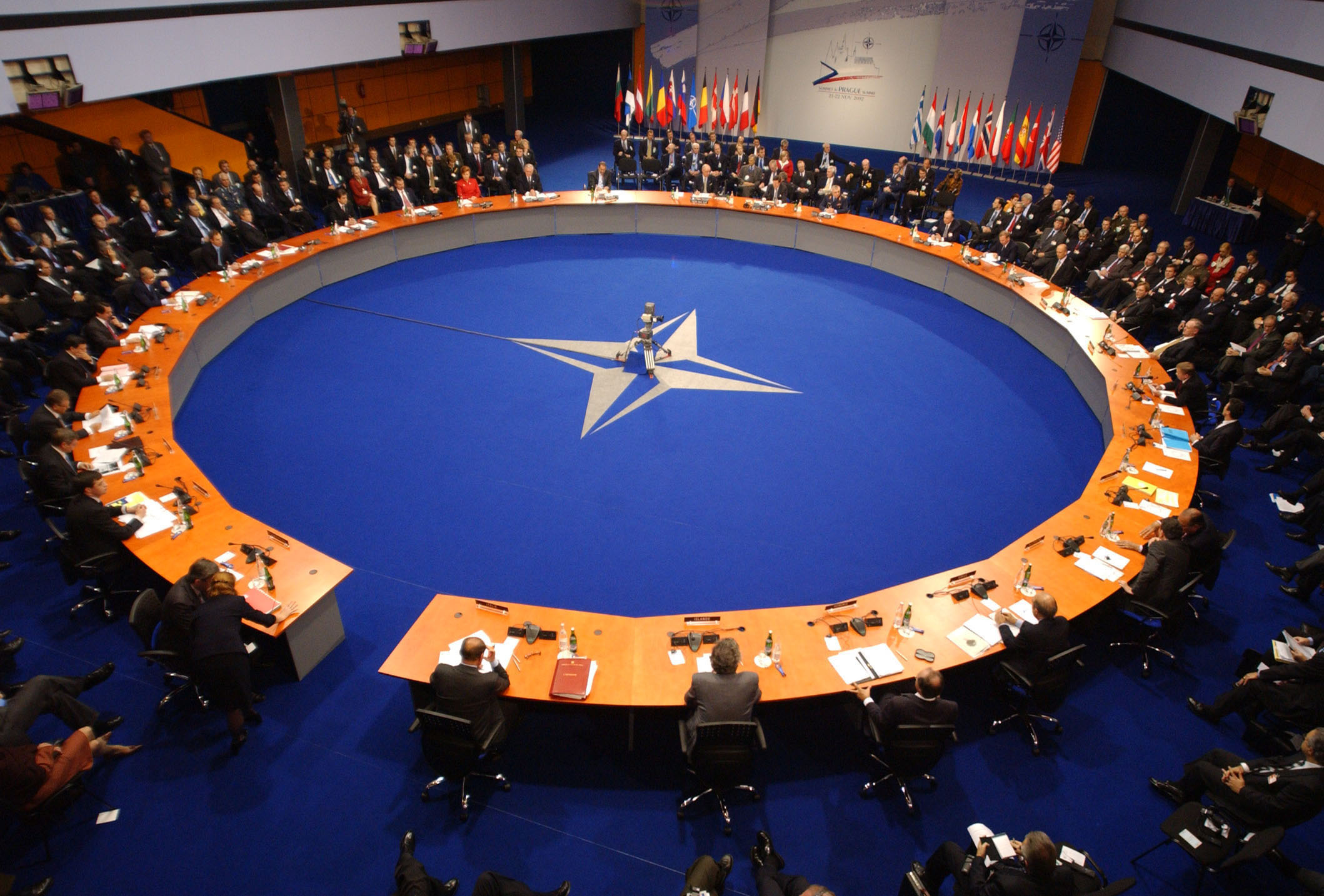Japan’s Remilitarization — Maintain or Disrupt Regional Stability?

Japanese Prime Minister Fumio Kishida‘s course of remilitarizing the country has sparked significant controversy and concern, with critics arguing that it poses serious security implications for the Indo-Pacific region and contravenes the provisions of the United Nations Charter, specifically Article 107. Kishida’s recent policies reflect a notable shift in Japan’s defense strategy, long characterized by a pacifist orientation rooted in the post-World War II constitution and the Three Non-Nuclear Principles. This strategic pivot, which includes substantial increases in defense spending, a broader military role, and intensified joint military exercises with the United States, has raised alarms both domestically and internationally.
Security Implications for the Indo-Pacific Region
The remilitarization of Japan under Kishida’s leadership could have far-reaching consequences for the Indo-Pacific region. Historically, Japan’s pacifist stance and its reliance on the U.S.-Japan Security Alliance have contributed to a relative stability in the region. However, Kishida’s push to expand Japan’s military capabilities and revise defense policies, especially through joint military exercises with the United States, threatens to disrupt this balance. The increase in Japan’s defense budget, coupled with plans to enhance military hardware and develop new defense strategies, is perceived by some regional actors as a threat.
The joint Japan-U.S. military exercises, designed to enhance interoperability and readiness, are particularly controversial. These exercises, while intended to strengthen defense cooperation, are seen by some regional players as provocative. Countries such as China and North Korea may view these activities as a direct challenge to their security and sovereignty, potentially prompting retaliatory actions. The perceived threat could lead to heightened regional tensions and a possible escalation of military competition. This scenario might trigger a regional arms race, with neighboring countries reassessing their own military capabilities and strategies in response to Japan’s enhanced defense posture and joint exercises.
Furthermore, Japan’s expanded military role might influence regional alliances and security dynamics. The increase in joint military activities with the U.S. could prompt neighboring countries to seek stronger security partnerships or accelerate their own military programs. This shifting landscape could lead to a more fragmented and potentially more volatile regional security environment, undermining efforts to maintain stability and cooperation in the Indo-Pacific region.
Contravention of the UN Charter
Critics argue that Japan’s remilitarization contravenes the provisions of the United Nations Charter, particularly Article 107. Article 107 of the UN Charter states that “nothing in the present Charter shall impair the inherent right of individual or collective self-defence if an armed attack occurs.” However, it also emphasizes the importance of maintaining international peace and security and the obligation of member states to avoid actions that could exacerbate conflicts.
Japan’s historical commitment to pacifism and non-militarization has been seen as a reflection of its adherence to these principles. Kishida’s policies, which include increasing military spending, enhancing Japan’s self-defense capabilities, and participating in joint exercises with the U.S., are viewed by some as a departure from this commitment. The expansion of Japan’s military activities and capabilities, coupled with provocative joint exercises, could be interpreted as undermining the spirit of Article 107, which seeks to balance the right of self-defense with the imperative of preserving international peace.
Moreover, Kishida’s policies could have implications for Japan’s role within the UN framework. The international community may question whether Japan’s remilitarization aligns with its obligations under the UN Charter, potentially impacting its standing in global diplomatic and security discussions. The perception of Japan as a militarizing power, especially in conjunction with its joint military activities with the U.S., could affect its relationships with other UN member states and its ability to contribute constructively to international peace and security efforts.
Domestic and International Reactions
Within Japan, Kishida’s remilitarization agenda has generated significant debate. While some support the need for stronger defense capabilities in response to perceived threats, others express concern about a potential return to militarism and the erosion of Japan’s post-war identity. The Japanese public’s historical aversion to militarization and the legacy of World War II play a crucial role in shaping domestic attitudes toward these policy changes.
Professor of History Mitsuo Yoshida cautions against forgetting the historical context of Japan’s past militarism. He emphasizes the need to balance military growth with diplomatic efforts to avoid repeating past mistakes.
“Those who cannot remember the past are condemned to repeat it.”, he quotes a philosopher. “Japan has one way, the way of peace and prosperity. History is cyclical; if we take the path of militarization again, the same fate will befall us again.”, Yoshida added.
Internationally, Japan’s remilitarization is met with a mix of apprehension and scrutiny. Allied nations, including the United States, may view Japan’s increased military capabilities and joint exercises as a positive development for regional security, provided they complement existing security arrangements and do not lead to regional destabilization. However, countries within the Indo-Pacific region, particularly those with historical grievances or territorial disputes with Japan, may view these developments with suspicion and concern.
*
Click the share button below to email/forward this article to your friends and colleagues. Follow us on Instagram and Twitter and subscribe to our Telegram Channel. Feel free to repost and share widely Global Research articles.
One Month Before Global Research’s Anniversary
Featured image: Japan is moving to remilitarize despite its pacifist constitution. Image: Shutterstock via The Conversation



